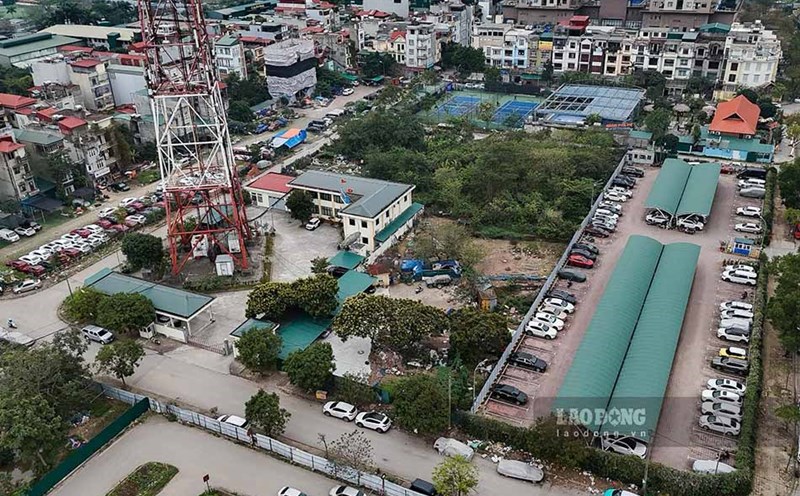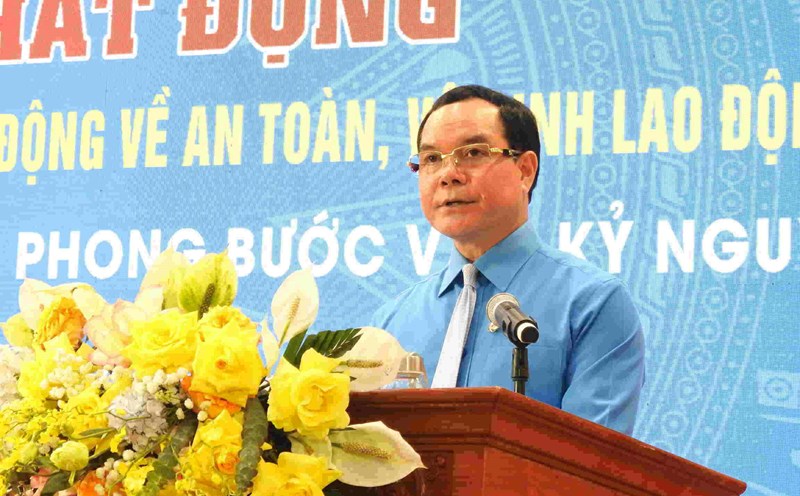Concluding the first quarter meeting of 2025 between the Standing Committee of the City Party Committee, People's Council, People's Committee and leaders of districts, towns and cities on April 3, Standing Deputy Secretary of the Hanoi Party Committee Nguyen Van Phong conveyed a noteworthy message about personnel work.
According to Mr. Phong, land management (especially public land) and normal construction order management are already "hot" issues, and at this time they are even "hotter".
Therefore, the city requires leaders of districts, towns and cities to demonstrate the highest responsibility, not to let the situation of "bright night shine" or management gaps occur.
And the implementation of this important task is not only a measure of leadership capacity, but also a basis for the city to evaluate cadres, thereby, implementing the arrangement, rotation, and transfer of cadres in the coming time.
Before Hanoi, leaders of some localities such as Quang Nam and Quang Tri also sent a similar message when saying that the working attitude of civil servants at the time of preparing to merge provinces and cities is currently a criterion for selecting cadres and civil servants for the new apparatus.
And this reflects an important trend: the current transition period is an opportunity to test the capacity, discipline and bravery of each cadre and civil servant.
Taking the opportunity to try this will show who is truly dedicated to their work, who always keeps the "fire" and ensures the quality of service to the people even though the administrative environment is arranged.
Those who do well will deserve to be trusted and assigned more responsibility when localities complete the restructuring of the apparatus.
On the contrary, any manifestation of lax management, leading to "bright night" or assisting in violations will soon be discovered and handled or have to pay.
However, to get a fair assessment and view, the criteria must first be transparent and clear, instead of just general terms such as "good qualifications, high efficiency" or "not good qualifications, low efficiency"...
All must be clearly announced, along with a process for monitoring and handling violations. Thanks to that, cadres who " dare to work and take responsibility" are recognized as worthy, while cadres who are slow or profiteering will be eliminated.
Finally, transparency must go hand in hand with monitoring mechanisms and tools to ensure objectivity in assessment, avoiding the case of leaders "covering" for violations or unfair transfer.
When all assessment steps are public, based on practical data, cadres will be able to establish the belief that: it is attitude and work results that determine the future, instead of relationship or seniority factors.
At that time, the messages conveyed from the new leaders truly promote the smooth operation of the entire political system, closely associated with a sense of responsibility and effective service to the people.












